sū
revive
Simplified form of 蘇. Phonosemantic compound. 艹 represents the meaning and 穌 represents the sound.
Components
Evolution

Bronze script
Early Spring and Autumn (~700 BC)
Seal script
Shuowen (~100 AD)
Clerical script
Eastern Han dynasty (25-220 AD)Traditional script
ModernSimplified script
ModernDefinitions
sū
revive, resurrect; a species of thyme; transliteration of 'Soviet'; Perilla frutescens (Chinese basil or wild red basil); place name; to revive; used as phonetic in transliteration
Sū
surname Su; abbr. for Soviet Union 蘇維埃|苏维埃 or 蘇聯|苏联; abbr. for Jiangsu province 江蘇|江苏; abbr. for Suzhou city 蘇州|苏州
sū
sū
sū
Most common words with 苏
Freq. | Word | Meaning |
|---|---|---|
place name | ||
Soviet Union, 1922-1991 | ||
Scotland | ||
Jiangsu province (Kiangsu) in southeast China, abbr. 蘇|苏, capital Nanjing 南京 | ||
Suzhou prefecture level city in Jiangsu |
Sources
